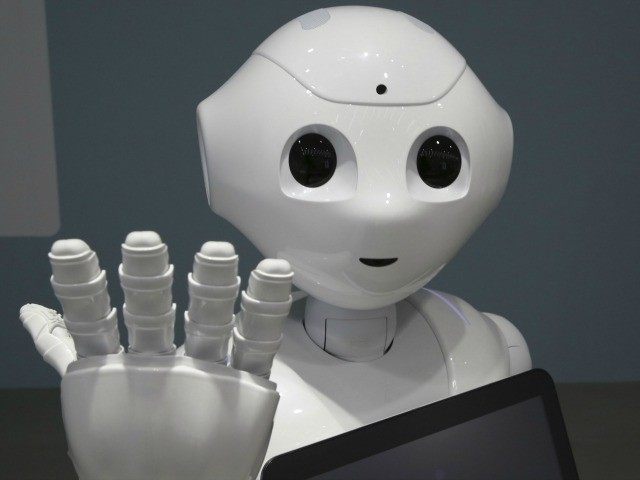Artifical Intelligence being developed by Facebook has invented its own language system to convey detailed information with greater efficiency; however, to human eyes, the messages are completely nonsensical.
Facebook engineers who had been working on the A.I. systems realized that they had made a mistake in their programming. “There was no reward for sticking to the English language,” said Dhruv Batra, who works at Facebook AI Research (FAIR) as a visiting research scientist from Georgia Tech. This happened because the AI were pitted against each other in a “generative adversarial network” to develop efficient methods of communication. “Agents will drift off understandable language and invent codewords for themselves,” Batra explained. “Like if I say ‘the’ five times, you interpret that to mean I want five copies of this item. This isn’t so different from the way communities of humans create shorthands.”
A short example of a conversation between two AIs was provided by Facebook:
Bob: “I can can I I everything else.”
Alice: “Balls have zero to me to me to me to me to me to me to me to me to.”
As the language developed, the original building blocks the AI were provided with to communicate became incredibly compressed, so a single “token,” which in this case looks like an individual word, could be imbued with complex concepts. “It’s perfectly possible for a special token to mean a very complicated thought. The reason why humans have this idea of decomposition, breaking ideas into simpler concepts, it’s because we have a limit to cognition,” said Batra. Computers, on the other hand, do not.
There is a huge potential to be gained from allowing A.I. to develop their own language. One insider at a major A.I. technology company told Mark Wilson, writing in Co.Design, that the greatest advantage he could imagine was that different software could learn to speak to each other without the involvement of humans, possibly removing the need for the development of APIs. APIs currently are built by companies to bridge different software and allow for compatibility between different devices, but they are costly and time-consuming to make.”Getting the data into a format that makes sense for machine learning is a huge undertaking right now and is more art than science. English is a very convoluted and complicated language and not at all amicable for machine learning,” another coder told Wilson. Smart devices could instead learn to interoperate instead, with your smartphone connecting to your car and fridge almost instantaneously, and really kick-start the spread of the internet of things.
However, no major AI company is interested in allowing this language to develop; Facebook instructed its bots to go back to talking in plain English. Mike Lewis, a research scientist at FAIR, said that the real aim of developing the AI was for user interfacing. “Our interest was having bots who could talk to people,” Lewis said. This seemed to be the same across the board, with a Microsoft spokesperson clarifying their focus was on human-computer interaction, and Google, Amazon, and Apple all pumping money into making conversational AIs.
Batra highlighted another important flaw with any continued development, in that “there are no bilingual speakers of AI and human languages.” It is hard enough already to understand the thought processes of A.I., and this would only make it worse.
Jack Hadfield is a student at the University of Warwick and a regular contributor to Breitbart Tech. You can like his page on Facebook and follow him on Twitter @ToryBastard_ or on Gab @JH.

COMMENTS
Please let us know if you're having issues with commenting.